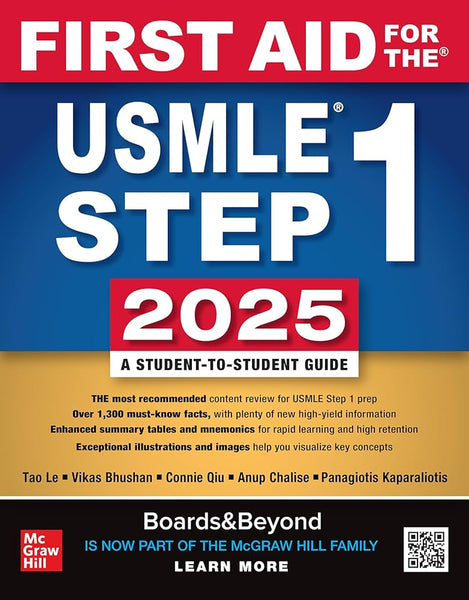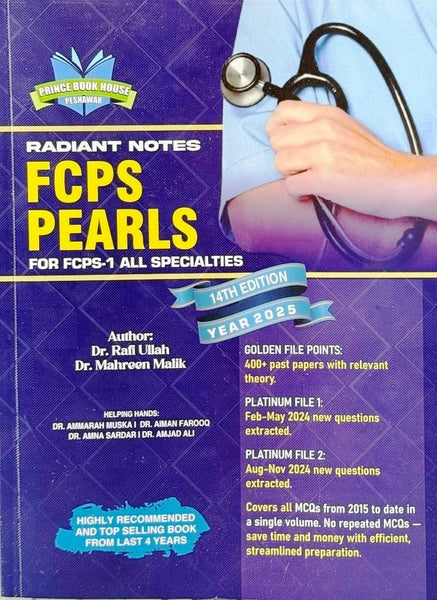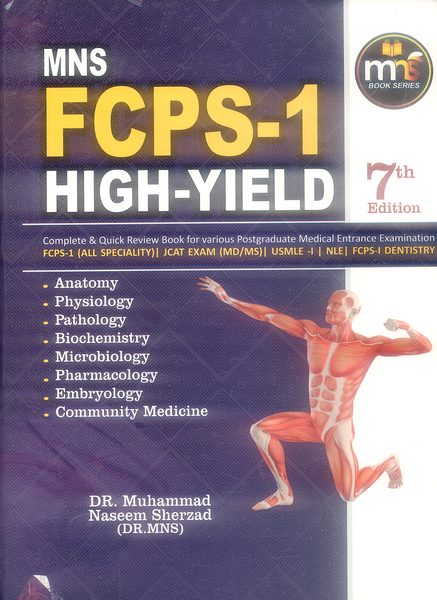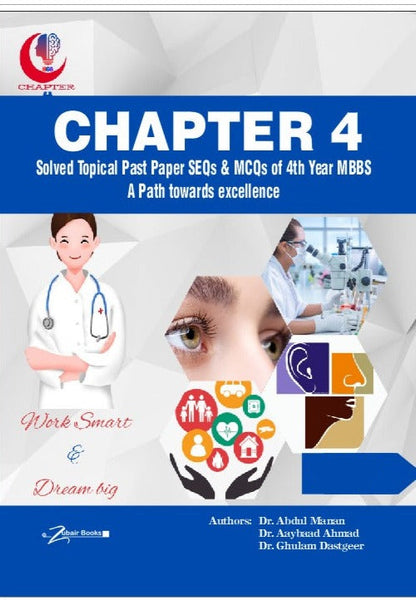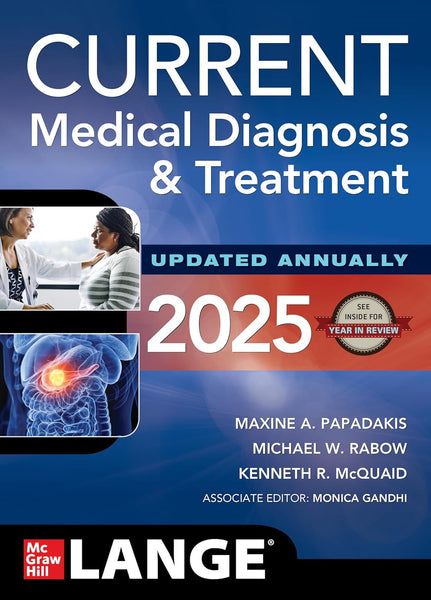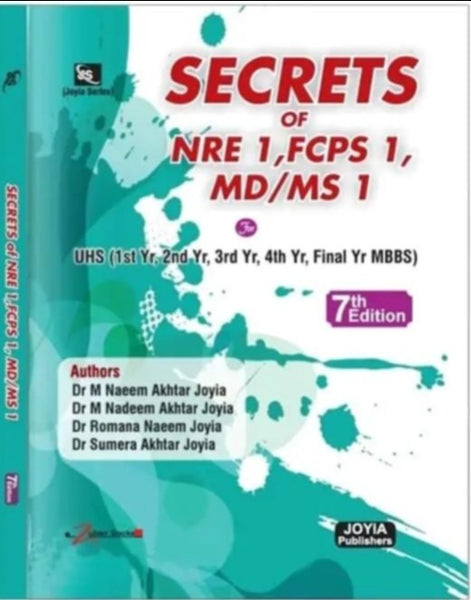Pasttest Of UHS MBBS Final Year Students Dr Amna Iqbal ,Dr Muhammad Saqlain
- Publisher: ZUBAIR BOOK DEPOT
- Availability: In Stock
- SKU: 51121
- Number of Pages: 576
Rs.750.00
Rs.850.00
Tags: ; Important MCQs Points , BEST PRACTICE , Dr Amna Iqbal , Dr Muhammad Saqlain , Latest Edition , MBBS FINAL YEAR , Solved University Question Papers , Surgery Obstetrics Gynaecology , UNITS WISE QUESTIONS
Solved University Question Papers Surgery Obstetrics Gynaecology UQS Unit Wise 2007-2022& Important MCQs Points Book-2 Latest Edition,Important Mcqs Points, MBBS FINAL YEAR STUDENTS, UNITS WISE QUESTIONS
Salient Features
-
- Elective Surgery: Planned surgeries that are scheduled in advance, often for non-life-threatening conditions.
- Emergency Surgery: Immediate surgeries performed in response to urgent medical conditions or life-threatening situations.
- Minimally Invasive Surgery: Techniques that use small incisions, cameras, and specialized instruments, reducing trauma and recovery time. Examples include laparoscopic and robotic surgeries.
- Open Surgery: Traditional surgical procedures involving larger incisions to access and treat internal structures.
-
Surgical Specialties:
- General Surgery: Covers a broad range of surgical procedures, including abdominal surgeries, hernia repairs, and appendectomies.
- Orthopedic Surgery: Focuses on the musculoskeletal system, treating conditions related to bones, joints, ligaments, and tendons.
- Cardiothoracic Surgery: Involves procedures related to the heart, lungs, and other thoracic organs.
- Neurosurgery: Specializes in surgeries involving the nervous system, including the brain and spinal cord.
- Plastic Surgery: Focuses on reconstructive and cosmetic procedures to alter or restore the appearance of the body.
- Gynecological Surgery: Addresses conditions related to the female reproductive system.
- Ophthalmic Surgery: Involves procedures on the eyes.
-
Preoperative, Intraoperative, and Postoperative Phases:
- Preoperative Phase: Involves patient evaluation, preparation, and obtaining informed consent.
- Intraoperative Phase: Encompasses the actual surgical procedure, during which the surgeon performs the necessary interventions.
- Postoperative Phase: Focuses on patient recovery, monitoring, and managing potential complications.
-
Anesthesia:
- Anesthesia is administered to ensure the patient is comfortable, pain-free, and unconscious during surgery.
- Types of anesthesia include general anesthesia, regional anesthesia, and local anesthesia.
-
Surgical Instruments and Technology:
- Surgeons use a variety of specialized instruments, such as scalpels, forceps, and retractors, to perform procedures.
- Advanced technologies, including robotic-assisted surgery and laser surgery, have enhanced precision and minimized invasiveness.
-
Patient Safety and Ethical Considerations:
- Patient safety is a top priority, and surgical teams follow strict protocols to minimize the risk of complications.
- Ethical considerations, such as informed consent, confidentiality, and respect for patient autonomy, are integral to the practice of surgery.
════ ⋆★⋆ ═══
Writer ✤ Dr Amna Iqbal ,Dr Muhammad Saqlain
Publishers ✤ Zubair Book depot



